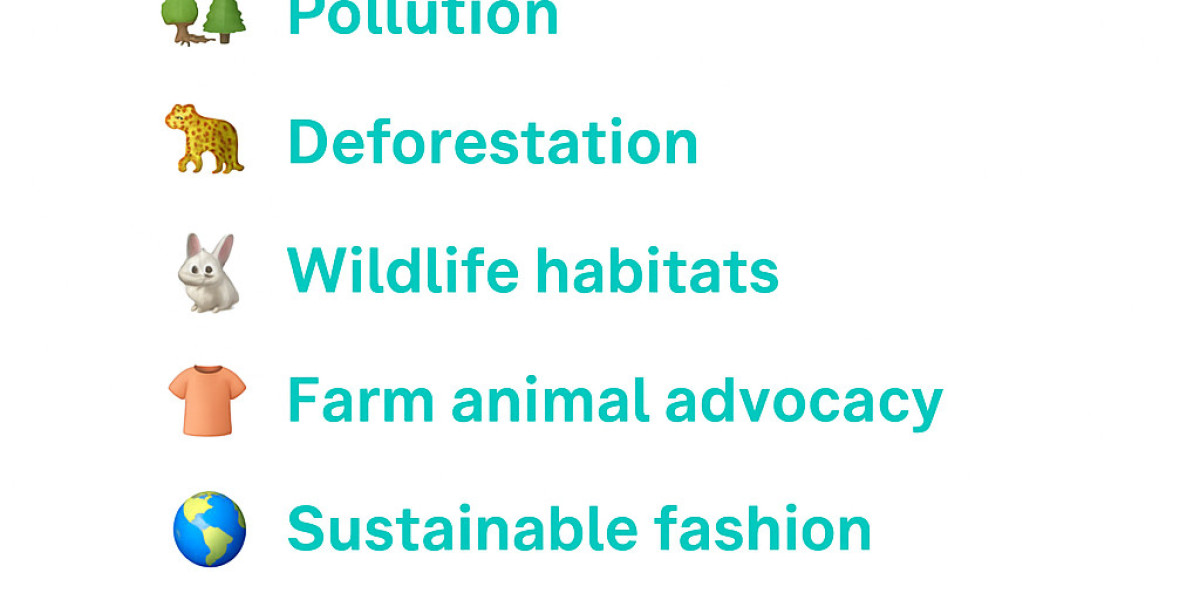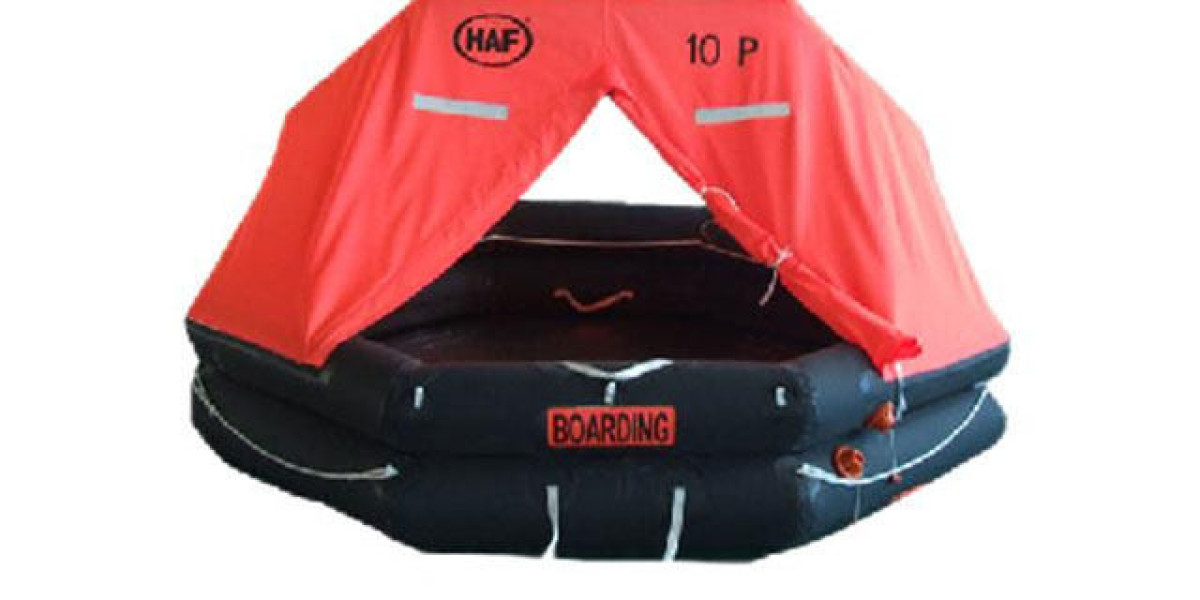The oceans cover more than 70% of Earth’s surface and are vital to all life on the planet. They regulate the climate, provide more than half of the oxygen we breathe, support a diverse range of species, and offer food, jobs, and recreation to billions of people. Yet, our oceans are in danger. Pollution, overfishing, climate change, and habitat destruction threaten the health of marine ecosystems around the globe.
Ocean conservation is the effort to protect and preserve marine environments and the biodiversity they hold. It is a responsibility shared by individuals, communities, industries, and governments to ensure the ocean continues to thrive—for our sake and for future generations.
Why Ocean Conservation Matters
Healthy oceans are essential for a healthy planet. They absorb vast amounts of carbon dioxide, helping to regulate global temperatures. They are home to millions of species, from microscopic plankton to the majestic blue whale. Oceans also play a major role in global trade, transportation, and tourism, making them crucial to the world economy.
Despite their importance, oceans face serious threats:
- Overfishing has depleted many fish populations and damaged ecosystems.
- Plastic pollution has filled the seas with waste, harming marine animals that ingest or become entangled in debris.
- Climate change is warming ocean waters, bleaching coral reefs, and causing sea level rise.
- Oil spills, chemical runoff, and untreated sewage pollute waters and destroy fragile marine habitats.
These issues do not only impact marine life—they also threaten food security, economies, and coastal communities worldwide.
Major Threats to Oceans
- Plastic Pollution
Over 8 million tons of plastic enter the ocean every year. Single-use plastics like bags, bottles, and packaging break down into microplastics, which are now found in marine animals, salt, and even drinking water.
- Overfishing
Unsustainable fishing practices have driven some fish species close to extinction. Bycatch (the capture of unintended marine species) and destructive methods like bottom trawling also damage seafloor habitats.
- Climate Change
Rising temperatures and ocean acidification caused by increased CO₂ are devastating coral reefs and altering marine food chains. Melting ice caps contribute to rising sea levels, endangering coastal cities and island nations.
- Habitat Destruction
Coastal development, mangrove clearing, and pollution have destroyed critical marine habitats like coral reefs, seagrass beds, and wetlands—ecosystems that act as nurseries for marine life.
How to Protect Our Oceans
Ocean conservation requires action at all levels. Here are ways we can help:
- Reduce Plastic Use
Switch to reusable bags, bottles, and containers. Avoid products with excessive packaging and support plastic-free alternatives.
- Support Sustainable Seafood
Choose seafood that is responsibly sourced. Look for certifications like MSC (Marine Stewardship Council) or opt for plant-based alternatives to reduce pressure on marine life.
- Conserve Water
Using less water at home reduces the amount of wastewater entering the oceans. Avoid dumping harmful chemicals down the drain.
- Participate in Cleanups
Join local beach or river cleanups to remove trash before it reaches the ocean. Every piece of waste removed helps protect marine life.
- Raise Awareness
Educate yourself and others about ocean issues. Support legislation that protects marine environments and hold industries accountable for ocean pollution.
- Protect Coastal and Marine Areas
Support the creation and enforcement of Marine Protected Areas (MPAs), which safeguard biodiversity and allow ecosystems to recover.
Conclusion
The oceans are vast, but they are not invincible. The choices we make every day—from the food we eat to the products we use—have an impact on the health of our seas. Ocean conservation isn’t just for scientists or activists; it’s something everyone can participate in.
By respecting and protecting our oceans, we are also securing a healthier, more sustainable future for ourselves and the planet. The time to act is now—because without healthy oceans, life on Earth cannot thrive.



